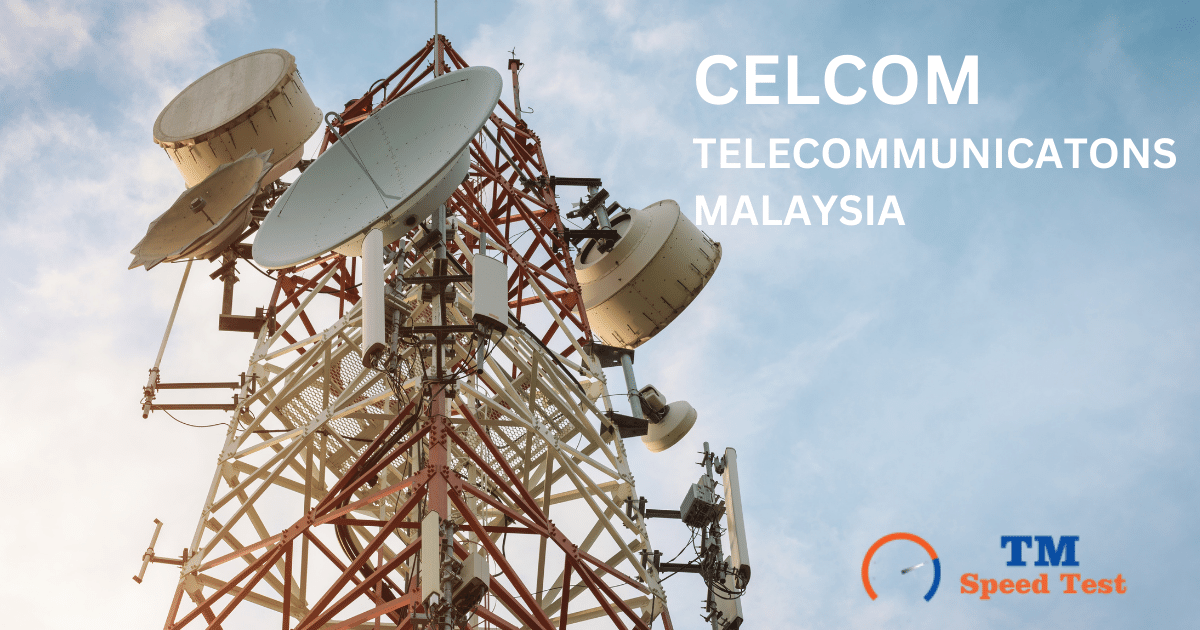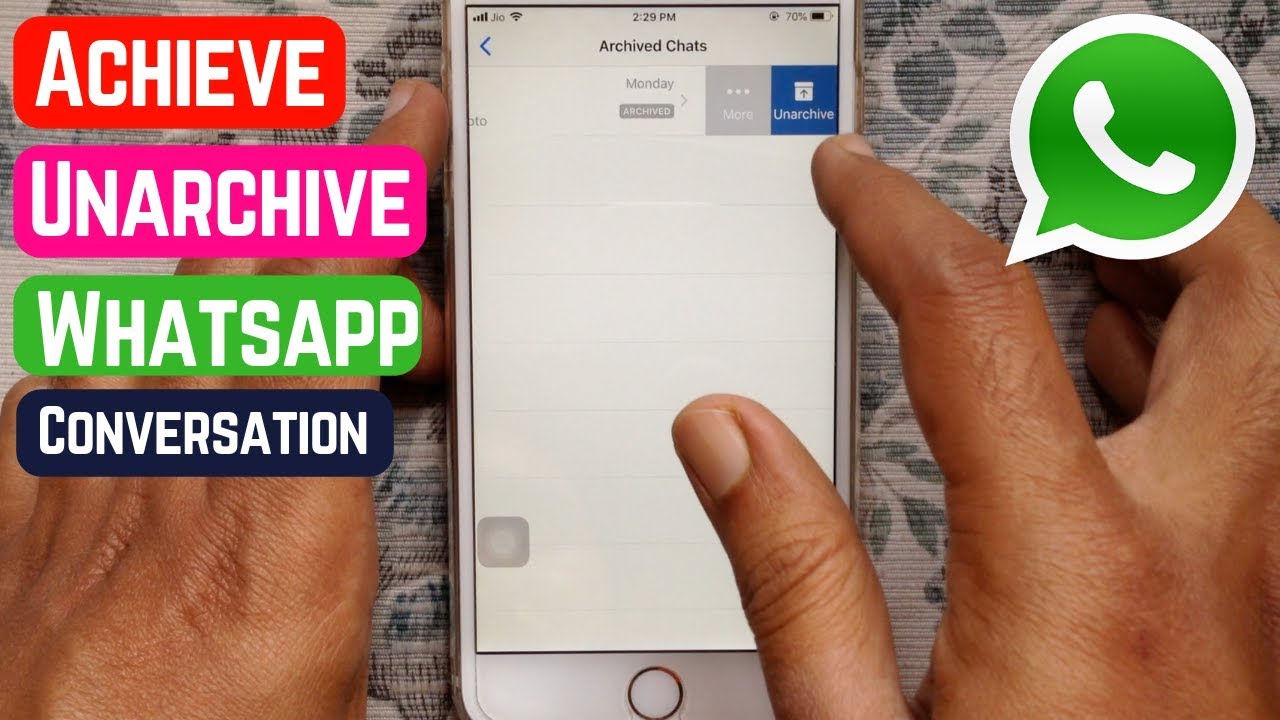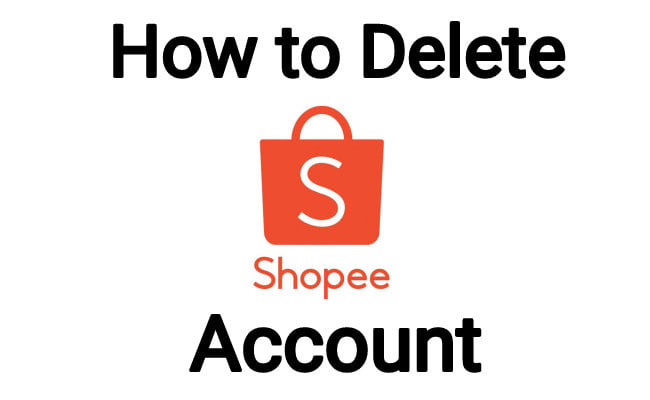One of the great things about the internet is that it allows us to connect with people all over the world. But with that comes a certain level of risk. Which is why it’s important to be aware of internet safety rules. Several countries have begun passing online safety laws to protect people from internet crimes. For example, the European Parliament recently voted in favor of a new law that would require social media companies to identify users who post hate speech. Here are four simple tips to help keep you safe online.

Turn off Your Devices When You’re Not Using Them
This will help conserve energy and extend the life of your devices. Devices that are always on, like routers, can be a security risk. If you’re not using your device, turn it off to reduce the chances of someone hacking into it. You should also unplug any chargers when they’re not in use. Chargers left plugged in can overheat and damage your devices. Finally, make sure to update your software and apps regularly. Outdated software is more vulnerable to attacks. Note: You want to know internet safety rules for everyone. Turn off your devices when you’re not using them, unplug chargers and update software/apps regularly. These will help conserve energy and reduce the chances of someone hacking into it. You should also install anti-virus software to protect your devices.
This will help conserve energy and reduce the chances of someone hacking into it. Install anti-virus software to keep up with security. You should also be aware of the different types of scams that exist online. For example, there are phishing scams, in which scammers try to obtain your personal information by sending you emails or text messages that look like they’re from a legitimate source. Be very careful about clicking on links or opening attachments from unknown sources.
Don’t Share Personal Information Online
It can be easy to share too much information about yourself on the internet, but it’s important to remember that not everyone is who they say they are. Don’t share your name, address, phone number, or any other personal information online. This also includes posting pictures of yourself or your family members. Be especially careful when you’re using social media sites like Facebook and Twitter. These sites make it easy for people to find out more about you.So only share information that you’re comfortable with everyone knowing. Remember that anything you post online is publicly available, so think before you post.
Make sure to also be careful when clicking links in emails or on websites. Phishing scams often try to get personal information from people by sending them fake emails or websites. If you’re not sure whether a website is safe.Don’t enter any personal information and contact someone you trust for help.
Use a Strong Password
It is important to use a strong password and to change it often. This will help keep your information safe. Be sure to create a unique password for each account. This will make it more difficult for someone to hack into your accounts. Do not use the same password for multiple accounts. If someone hacks one of your accounts, they could gain access to all of your accounts. You want to know internet safety rules for everyone – here are three important ones. Use a strong password and change it often – It is important to use a strong password and to change it often. This will help keep your information safe. Be sure to create a unique password for each account. This will make it more difficult for someone to hack into your accounts.
Also Read: Best Games to Play Online
Keep Your Computer Updated
protected with antivirus software. This is especially important if you have children who use the computer. There are many free programs available, such as AVG or Avast, that will help protect your computer from viruses and other online threats. Additionally, be sure to install a firewall on your computer. A firewall helps to prevent unauthorized access to your computer and can also warn you of potential attacks. Windows users can find a list of recommended firewalls here. Mac users can find a list of recommended firewalls here. If you are using public Wi-Fi, be aware of the risks involved. Public Wi-Fi networks are not always secure and can leave your data vulnerable to theft or interception.
To protect yourself, use a VPN (virtual private network) when connecting to public Wi-Fi. A VPN creates an encrypted tunnel between your device and the VPN server, protecting your data from prying eyes. Finally, be aware of the scams that are common online. Phishing attacks, for example, are designed to steal your personal information by convincing you to provide it voluntarily. To protect yourself from phishing attacks, always be wary of unsolicited emails or links, and never enter your personal information into a form unless you are sure the website is legitimate. You can learn more about avoiding phishing scams here.


